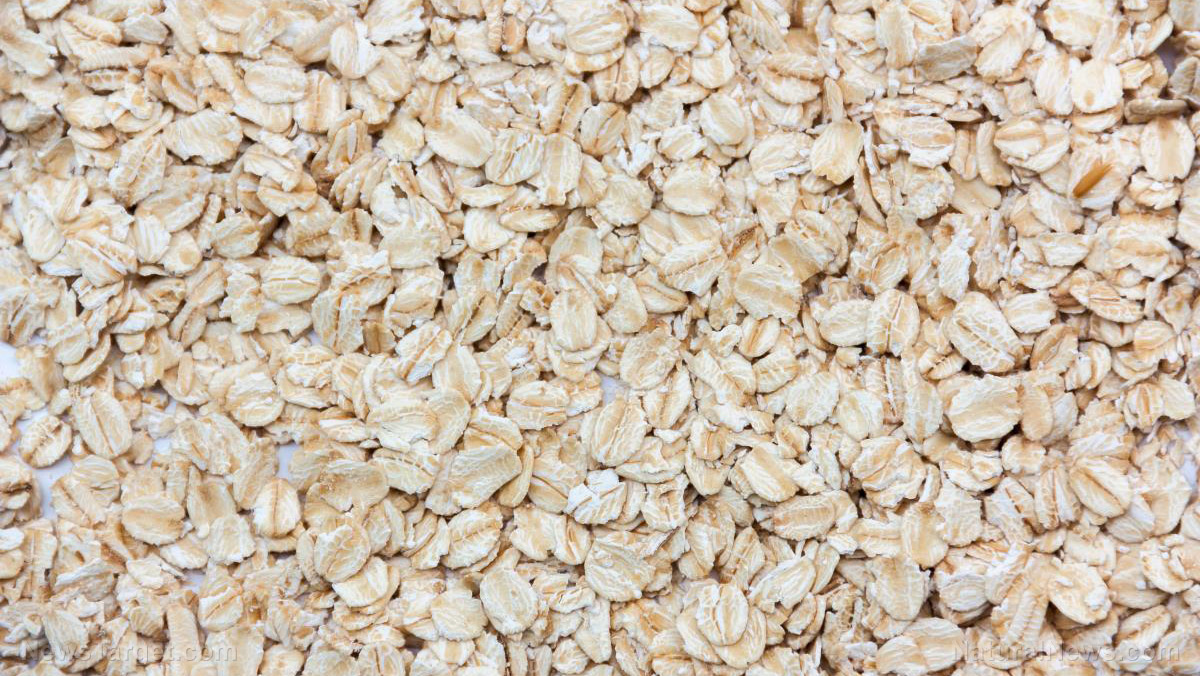 Parler
Parler Gab
Gab
"Clinical improvement was significant in a number of clinical manifestations including irritability (p = 0.031), headache (p = 0.028), decreased deep tendon reflex (p=0.019) and mean systolic blood pressure (0.021) after treatment with garlic, but not d-penicillamine. BLCs [blood lead concentrations] were reduced significantly (p=0.002 and p=0.025) from 426.32±185.128 to 347.34±121.056μg/L and from 417.47±192.54 to 315.76±140.00μg/L in the garlic and d-penicillamine groups, respectively, with no significant difference (p=0.892) between the two groups. The frequency of side effects was significantly (p=0.023) higher in d-penicillamine than in the garlic group. Thus, garlic seems safer clinically and as effective as d-penicillamine. Therefore, garlic can be recommended for the treatment of mild-to-moderate lead poisoning."Clearly, despite the near equal reduction in measurable blood lead concentrations in both groups, improvements in various measured clinical manifestations were only found in the garlic group. Also, side effects were higher in the d-penicillamine group. These results clearly indicate the superiority of garlic over the drug and underscore how drug-based interventions often end up 'normalizing' target values, e.g. blood lead concentrations, without resulting in improvement in the quality of life or even the objective clinical signs and subjective symptoms of the treated patient; to the contrary, often the patient feels and is much worse off following drug treatment. Lead exposure is ubiquitous in our modern age, and has been estimated to account for approximately 0.2% of all deaths and 0.6% of disability adjusted life years globally.[2] Exposure to this heavy metal results in harm to the cardiovascular, skeletal, gastrointestinal, kidney, reproductive and nervous systems of the human body. It has been identified to be particularly harmful to infants and children, whose developing nervous systems are far more susceptible to lead toxicity than those of adults. In fact, a 2008 PLoS study found decreased brain volume in adults who had been exposed to lead as children.[3] The standard of care involving drugs such as d-penicillamine is dismal, considering that the chemical has been linked to the following side effects:
- Anemia, Aplastic
- Breast Enlargement
- Anorexia
- Bone Marrow Suppression
- Collagen Disorders
- Diarrhea
- Dysgeusia (distorted taste)
- Kidney Damage
- Liver Damage
- Muscle Damage
20+ Natural fibromyalgia solutions including the gluten-free diet
By News Editors // Share
By Lance D Johnson // Share
Canada’s government virologists exposed for “clandestine relationship” with Chinese agents
By Ethan Huff // Share
Union County, North Carolina bans use of fluoride in its water systems
By Ava Grace // Share
Traditional food puts chemotherapy to shame, study reveals
By News Editors // Share
Governments continue to obscure COVID-19 vaccine data amid rising concerns over excess deaths
By patricklewis // Share
Tech giant Microsoft backs EXTINCTION with its support of carbon capture programs
By ramontomeydw // Share
Germany to resume arms exports to Israel despite repeated ceasefire violations
By isabelle // Share










